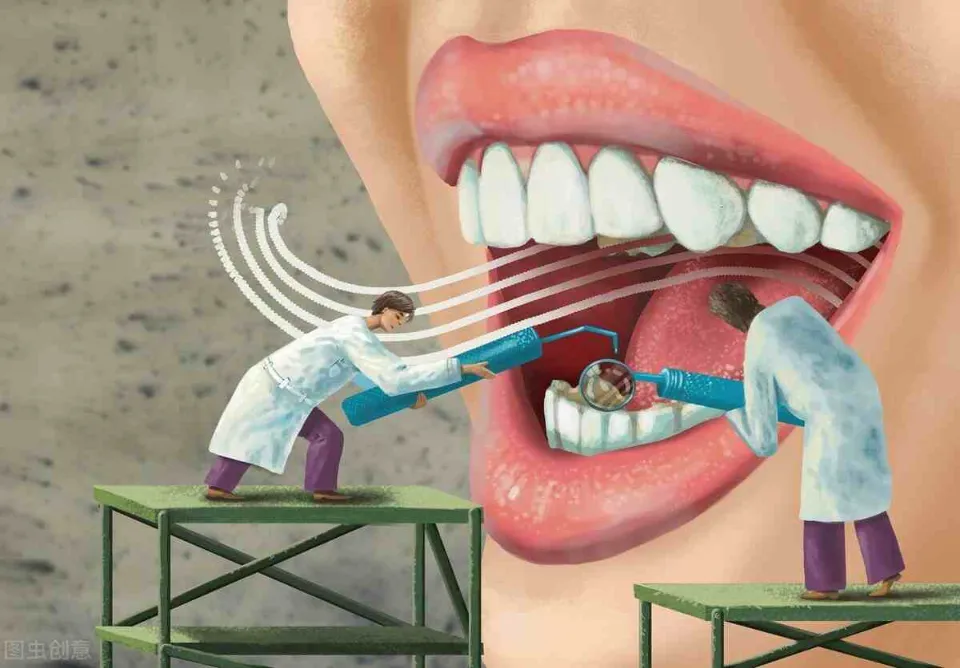
Can A Loose Tooth Be Fixed – Causes & How to Strengthen
A child’s first loose tooth can be adorable, but an adult’s first loose tooth is worrying and could be painful. Fortunately, treatment for loose teeth, particularly efficient tooth splinting performed by a licensed dentist, can help repair the damage and, in many cases, even assist the tooth in naturally tightening back up.
The loose tooth or teeth are attached to a neighboring healthy tooth by a splint, which is frequently made of composite resin and wire.
Continue reading to learn exactly what to do if you feel a loose tooth so that you can save your permanent teeth.
What Causes a Loose Tooth in Adults?
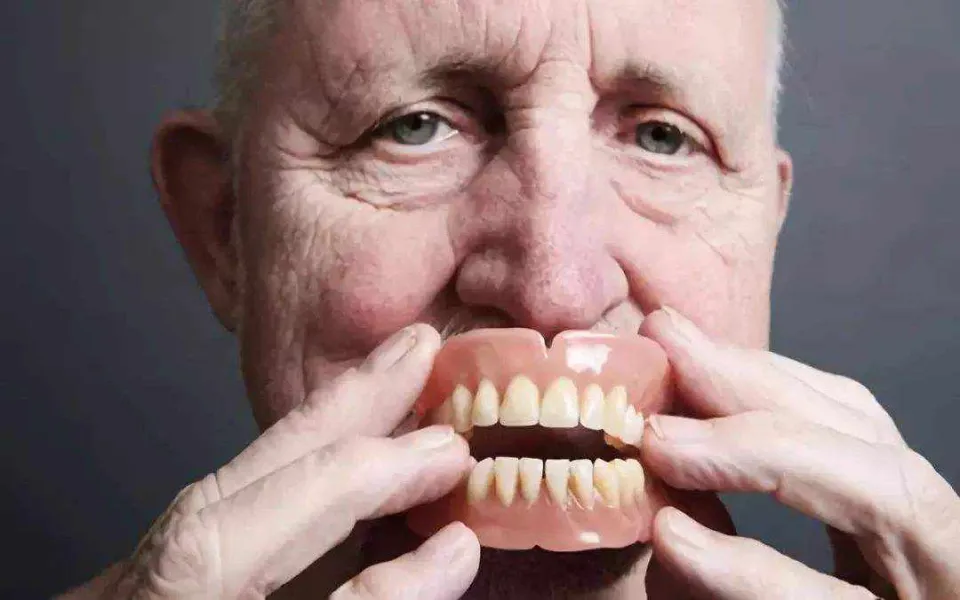
Even though adults have “permanent” teeth, there are still a number of reasons you might discover a loose tooth in them. Accidents are the most common reason for tooth loss; they can include being struck in the face, falling down stairs, or simply biting down too hard on something solid. Gum disease is yet another major offender. The gums’ connective tissue may suffer harm from infections and chronic gum disease, making the gums’ fit in the socket loose. In addition, the pressure of nighttime teeth grinding can eventually cause your teeth to become loose.
Whatever the cause, you can be confident that your dentist will design a loose tooth treatment plan that meets your needs and that it will help you maintain a stable set of teeth for the foreseeable future.
Read More: How Long Can You Go With A Loose Bracket
Treatment Options for a Loose Tooth
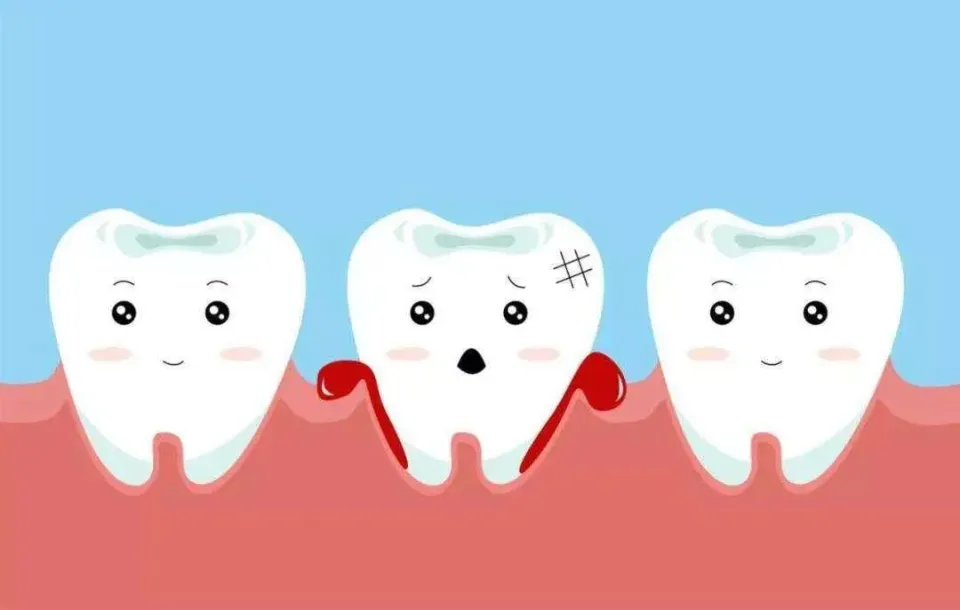
Numerous remedies can be effective, and the best choice will depend on what is causing the looseness.
Some treatment options include:
- Scaling and root planing: This kind of deep cleaning procedure can be used to treat and aid in the recovery from gum disease.
- Medications or mouth rinses: These can aid in the healing of infected gums and the fight against oral bacteria.
- Surgery: Surgery aims to remove infected gum tissue and bone that has been harmed by gum disease.
- Bone grafts: These may aid in bone regeneration after periodontal disease has destroyed it.
- Soft tissue grafts: These can stop further gum or tooth loss in gum disease sufferers, and they are also known as gum grafts.
- Dental appliances, such as bite splints: These can lessen the harm caused by grinding and could aid in the healing process following dental surgery.
- Treatment for diabetes: The dental and gum health depend on appropriate treatment.
A dentist may advise a dental bridge or a dental implant if a loose tooth is lost.
A crown that covers the teeth on either side of the gap between teeth is called a dental bridge. As a result, a prosthetic, or artificial, tooth is used in place of the missing tooth to form a bridge between two healthy teeth.
An artificial tooth and root that are attached to the jawbone are part of a dental implant.
The underlying cause of tooth loss must be addressed in addition to these viable options, in order to stop further damage.
Prevention
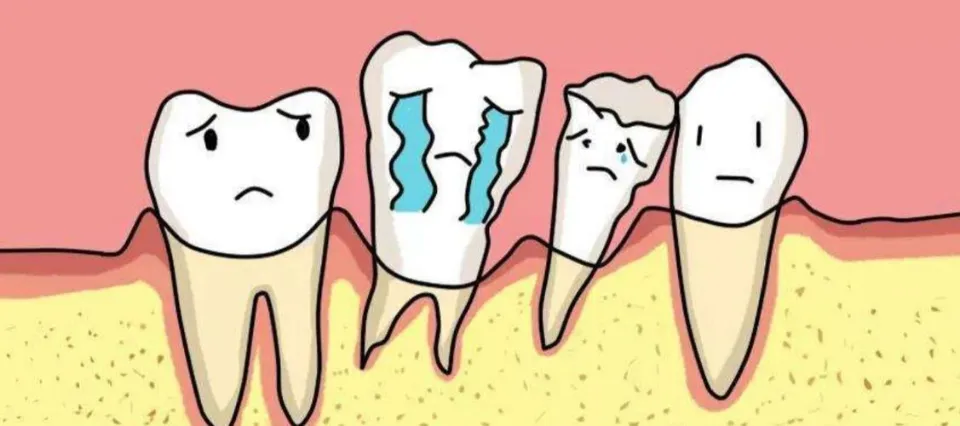
Although a loose tooth cannot always be avoided, it can be decreased with certain precautions.
Some tips for tooth and gum health include:
- Brushing the teeth thoroughly twice per day
- Flossing once per day
- Refraining from smoking
- Attending dental checkups and cleanings as often as recommended
- Wearing a properly fitted mouthguard while playing sports
- Wearing a bite splint when nighttime grinding or clenching is an issue
- Asking a doctor about calcium and vitamin D supplementation to help prevent osteoporosis
- Keeping diabetes under control, as this condition is a risk factor for gum disease
- Being aware of medications that may affect the teeth
Read More: What Causes Calcium Deposits on Teeth
What If the Tooth Can’t Be Saved?
In some situations, your dentist might not be able to save your loose tooth (especially when gum disease is present). He might have to remove the tooth and put an implant or bridge in its place. Your dentist, however, has a better chance than ever of saving your loose permanent tooth thanks to modern technology and skill.
Trying to deal with a loose permanent tooth by hoping that it will heal on its own is probably not a good idea. Playing it safe and scheduling a visit with your dentist as soon as you notice a problem is a much better option. Eat soft foods and brush your teeth with a soft-bristled toothbrush up until the time that you can visit your dentist.
Using salt water for rinsing the area can also help keep it clean. Your dentist can identify the root of your loose tooth’s problem and the most appropriate course of treatment once you’re in the chair. And in the majority of cases, your dentist will have a better chance of saving your tooth the earlier you visit him.
FAQs
Can a Loose Tooth Tighten Back Up?
With consistent and appropriate dental hygiene, a tooth that is loose due to gum disease may become tight once again. The most effective course of action is typically a deep cleaning with a hygienist called Scaling & Root Planing. A tooth that has become loose as a result of trauma probably won’t become tight again.
Can Anything Be Done for a Loose Front Tooth?
Using a splint to stabilize a loose tooth is the dentist’s go-to method of treatment. The process entails securing the tooth to the teeth around it with a splint. With the loose tooth held in place, the surrounding bone structures can heal around it.
How Do You Tighten a Loose Front Tooth?
Swish a tablespoon of salt vigorously around in your mouth while drinking 6 ounces of warm water. Before you rinse, spit, and repeat, do this for at least a minute. This will successfully extract all of those hidden bacteria. Both the loose tooth and your gums will gradually start to strengthen.



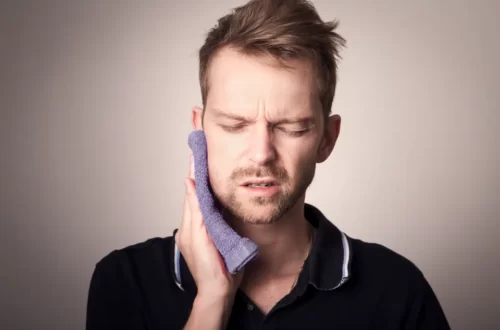
Average Rating